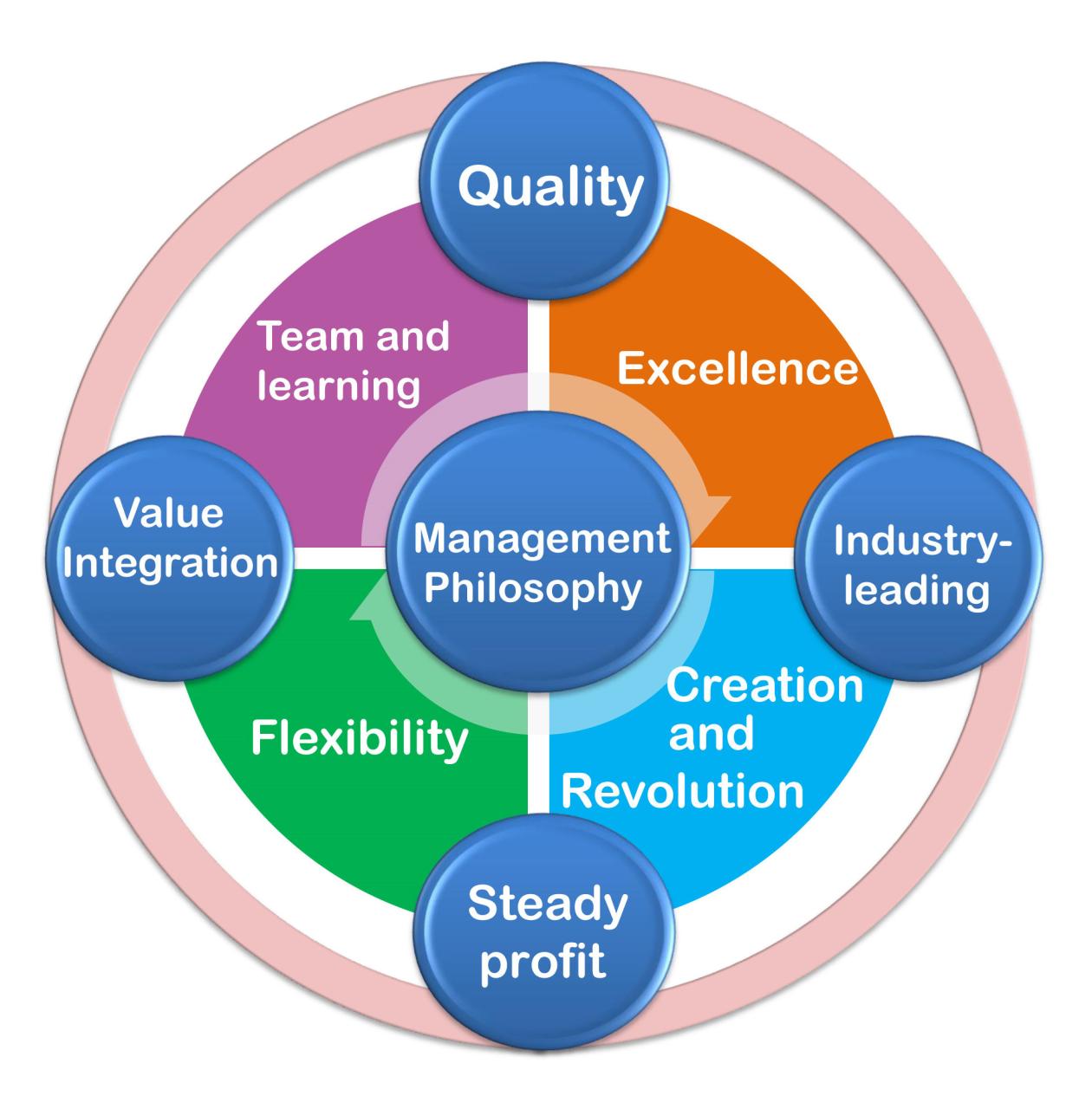
This entry will discuss how companies use technology to help set and manage ethical standards and guidelines, how these guidelines or ethics can shape the work environment or culture a company promotes, and how using technology to perform human resources functions affects company culture.
Ethics is born:
Ethics plays a very important role in a companies function. In fact the moment that technology is created so is ethics. According to the Stanford Encyclopedia of Philosophy, “If information technology is political – i.e., it already includes/excludes certain interests – then it is also immediately ethical.” What this means, for example, is if a program is written to serve the public, or in this case, a company, but is only capable, by design, to serve everyone but those who can not type, then the program excludes certain persons and is automatically ethical. In this instance, the ethics could easily be defined as consequential ethics, meaning, one thing happens therefore, something else must happen to correct or justify the situation.
Companies use technology to help set and manage ethical standards and guidelines:
Companies use technology to help set and manage ethical standards and guidelines in a variety of ways. Some corporations are able to easily monitor employees’ emails and telephone conversations through the network administrator. This division censors emails that arrive with inappropriate language or content and bounces the correspondence back to the original sender without the recipient ever being the wiser. Telephone conversations are monitored and should the caller or recipient use inappropriate language the call is disconnected and the employee could be reprimanded.
Another way a company ensures employee productivity and proper use of time is by blocking certain or all internet sites outside of company intranet. This company-wide blockage will prevent employees from visiting sites that are inappropriate for the workplace and/or playing games or chatting.
Setting the standard for ethical behavior is a very important role which the CEO and executive committees, senior management, and management should commit themselves. These people hold a position that sets an example for employees and as such, sets the general tone and ethical culture of a company. “It is up to each business leader to set a conspicuous example of integrity and to make certain that their subordinates know that exemplary behavior will be demanded and required.” (Nation’s Business, 1988).
One should be instructed in the ways of ethical behavior by both example and words. If management informs employees that playing games on company time is unacceptable, then he should not participate in this behavior. If he does participate, then he unintentionally teaches employees that stealing company time is acceptable.
Social domain in technology alters and redefines ethics. How much information is private if the information is cast out into the World Wide Web? When should a company become concerned over information that is “overlapping and mutually inclusive?” (plato.stanford.edu, 2005).
Some companies are now refusing to hire people who are bloggers. Is this ethical? Does this step over the line of professionalism? If refusing to hire bloggers then what is the basis of the decision? Does the blog truly reflect the degree of the individual ability to be a professional? Does the blog represent the individual as immoral and unethical?
Should a company hire someone who is a known blogger with perhaps risqué information or pictures included in his or her blog, then ethical philosophy may have to be rewritten to apply to outside public information that applies to employees. This method may seem unfair, but because technology has dictated a change this must be considered to uphold the integrity of a company and employees.
Shaping company culture or work environment:
If a company has poor ethics promoting said company could become quite difficult; especially if the company has a known reputation that is less than appealing. The turn-over rate could be high thereby, causing the company to lose money because of funds used for training purposes that do not pay-off in the end. This deficient process could affect the over-all moral in a negative way.
Ethical standards can begin at the very top of a business and trickle down to employees. The guidelines can be as mundane as the type of clothing one should wear while on the job. Consider if a woman were to wear revealing clothing to work. What kind of picture would her attire paint in the minds of men working around her? The thought is not very appealing. Imagine again, if the same woman wears the same garments around other women. What kind of thoughts would flit across their minds? This unconscious behavior could potentially create real issues that are quite negative to filter through an office, which could ultimately bring morale down.
If a company has high ethical standards in both technology and the social element of the business, then one can assume and expect a pleasant environment in which to work and functions as individuals or teams.
If a CEO holds high ethical values and morals then this too, will affect employees but in a positive way. Employees will be more likely to accept and abide by these ethical philosophies and the workplace will be a more peaceful place to work since there will be less poor behavior.
Does using technology to perform human resources function hinder?
Once upon a long time ago when everything was hand-written and extremely time consuming… Some believe that technology used to perform human resource functions hurts a company and morale. Using new technology did make several positions obsolete, which hurt general morale, but as society has become used to the concept and learned to utilize technological advances, work-life has become easier and more productive.
Now, an employee can communicate with management without having to make an appointment and receive instant feedback by using email or instant messenger. This new function not only saves time but creates a sense of unity within a company.
Managers are able to post memos to several employees in moments, instead of having to take the time to hand-write each memo individually. Not only can he type electronic memos but he can be assured that his employees received the post by requesting a receipt – electronically.
Yes, technology caused short-term disharmony but the long term affect has been worth the trouble. Daily tasks that once took hours and extra manpower have been decreased to a few purposeful taps across a keyboard, programs that can help assist running a business have been created, and finally, technology is like empowerment. Knowledge and technology revives a once dormant element in employees and management, which helps create a sense of purpose and productivity in day-to-day business functions.
Conclusion:
Ethics plays a very important role in the function of a company. This entry discussed how companies use technology to help set and manage ethical standards and guidelines, such as electronically monitoring correspondence, how these guidelines or ethics can shape the work environment or culture a company promotes, and how using technology to perform human resources functions affects company culture, by for example, using email to quickly correspond and receive feedback to and from management or employees.
Technology changes each year, each week and society must embrace these changes to excel and advance through his or her chosen occupation. Nothing is static; life moves forward or dies out.



